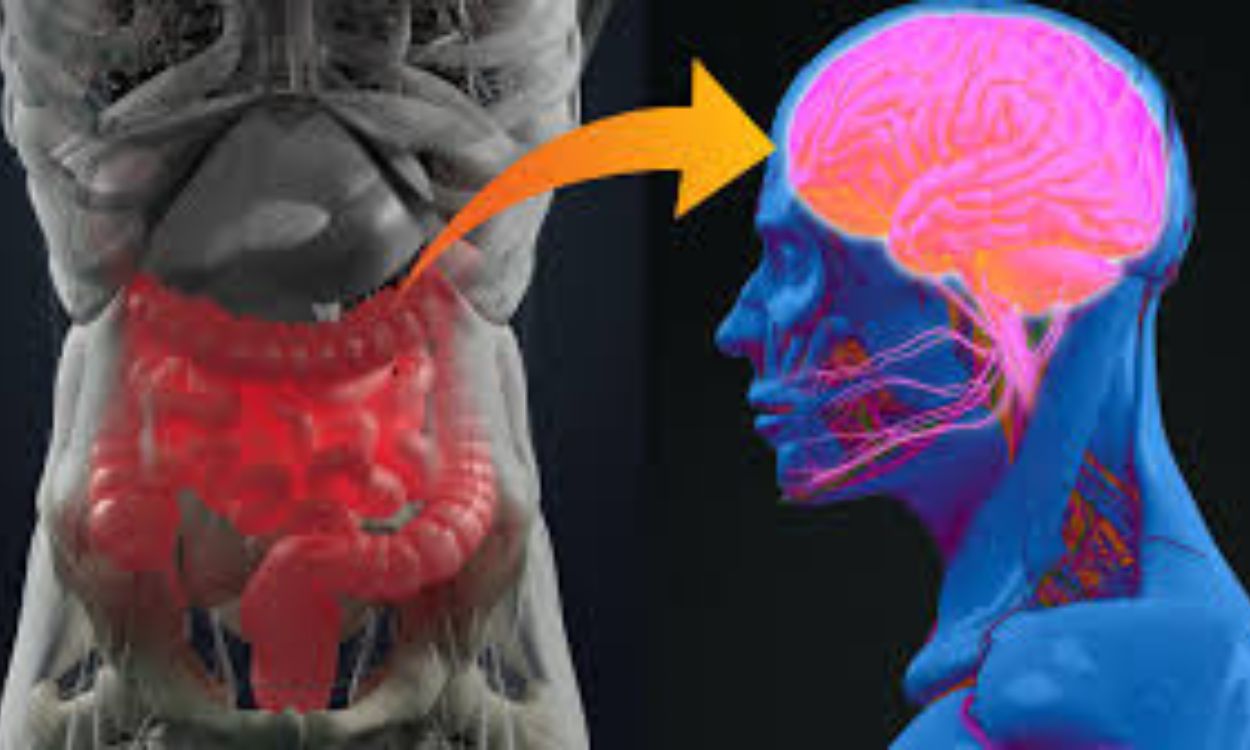How Sleep Affects the Body’s Ability to Regulate the Gut-Brain Axis
The Surprising Link Between Sleep and Gut Health
We often think of sleep as the time when our body simply rests and recovers. However, sleep plays a far more complex and crucial role in maintaining various bodily functions, including the regulation of the gut-brain axis. The gut-brain axis is a bidirectional communication system between the gastrointestinal (GI) tract and the brain, involving neural, hormonal, and immunological signaling pathways. Understanding how sleep affects this intricate system can provide valuable insights into both mental and physical health.
The Biology of the Gut-Brain Axis
The gut-brain axis involves multiple components:
– Enteric Nervous System (ENS): Sometimes called the “second brain,” the ENS contains around 100 million neurons embedded in the gut wall.
– Vagus Nerve: This major nerve connects the gut to the brain, facilitating communication.
– Microbiota: Trillions of microorganisms residing in the gut play a crucial role in digestion, immune function, and even behavior and mood.
– Neurotransmitters: Chemicals like serotonin and dopamine, produced in the gut, have significant impacts on brain function.
How Sleep Influences the Gut-Brain Axis
Hormonal Balance
Sleep regulates the production of hormones that are crucial for gut health. For example, melatonin, primarily known for its role in sleep regulation, also affects GI motility and enzyme secretion. On the other hand, cortisol, the stress hormone, can disrupt gut function when its levels are imbalanced due to poor sleep.
Immune Function
A good night’s sleep supports a well-functioning immune system. Sleep deprivation can trigger inflammation, which can affect the gut lining and alter the balance of gut microbiota. This inflammation can lead to conditions like irritable bowel syndrome (IBS) and inflammatory bowel disease (IBD).
Microbiota Composition
Lack of sleep can significantly alter the composition of gut microbiota. Studies have shown that sleep deprivation can decrease the diversity of gut bacteria, which is crucial for a healthy gut. An imbalance in gut bacteria can lead to a range of issues, from digestive problems to mental health disorders.
Neurotransmitter Production
A significant portion of serotonin, a neurotransmitter that stabilizes mood, is produced in the gut. Poor sleep can disrupt the production and regulation of serotonin and other neurotransmitters, affecting both gut health and mental well-being.
Real-World Implications
Obesity and Metabolic Disorders
Poor sleep is closely linked to obesity and metabolic disorders. Dysregulated sleep can lead to changes in appetite-regulating hormones like ghrelin and leptin, making it more difficult to maintain a healthy weight. Moreover, poor sleep can lead to insulin resistance, increasing the risk of type 2 diabetes.
Mood Disorders
The gut-brain axis plays a significant role in mental health. Sleep deprivation can exacerbate conditions like anxiety and depression by affecting gut health and neurotransmitter levels. This creates a vicious cycle, as mental health issues can further disrupt sleep.
Cognitive Function
Sleep is essential for cognitive processes like memory consolidation and learning. An unhealthy gut can disrupt sleep, leading to cognitive impairments. Conversely, poor sleep can affect gut health, creating a feedback loop that hampers cognitive function.
Achieve Optimal Gut-Brain Health with Fitpaa
At Fitpaa, we understand the profound impact sleep has on your overall health. Our AI-driven Metabolism Monitoring and Management technology ensures that every aspect of your well-being is addressed, including your sleep patterns.
Why Fitpaa?
Fitpaa uses the latest research in Lifestyle Medicine and Behavioral Therapy to craft personalized health plans called Fitpaa Capsules. These capsules are designed to optimize your metabolism, strengthen your organ systems, and ensure you achieve your health and fitness goals with a 100% guarantee.
How Fitpaa Can Help You Sleep Better
Step 1: Metabolism Assessment
We start with a comprehensive metabolism assessment to identify any sleep-related issues affecting your gut-brain axis. Our Medical Nutrition Therapy (MNT) specialists consider every aspect of your life to provide a detailed analysis.
Step 2: Personalized Fitpaa Capsule
Based on your assessment, our expert health and fitness team prepares a Personalized Fitpaa Capsule. This includes medical therapy, medical exercise therapy, medical nutrition therapy, and cognitive behavior therapy, all designed to optimize your metabolism and enhance your sleep quality.
Step 3: Daily Guidance and Support
Your Fitpaa Capsule is supported by our real-time guidance technology, incorporating habit-building, timely nudging, and purpose-finding, ensuring you stay on track. The Fitpaa app provides all the necessary tools, including a virtual workout trainer, diet tracker, and progress tracking, making it easy to follow your plan.
Download the Fitpaa App Today
Imagine a world where you are fit, healthy, and confident, fulfilling all your dreams while taking care of your loved ones. We at Fitpaa work tirelessly to create this world for you. Download the Fitpaa app now and take the first step towards achieving your health and fitness goals with guaranteed results. Your well-being is our mission!
Sleep better, live healthier, and achieve your dreams with Fitpaa. Download the app today and transform your life!









